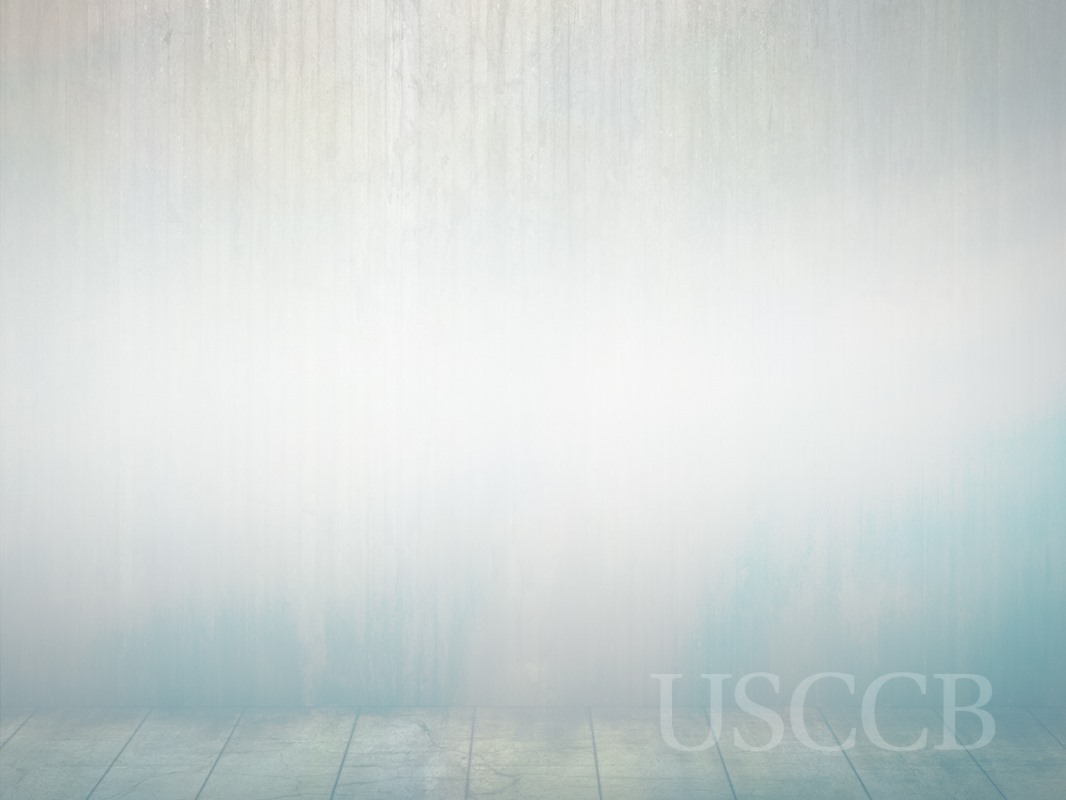

12
|
How to Cover the Catholic Church
vacate a Rota decision. Typically a marriage case is first decided in a diocesan
tribunal. If it finds a marriage null, its decision is then reviewed by the met-
ropolitan or regional tribunal that has appellate jurisdiction over that diocese,
because the church requires two concordant decisions for a declaration of nul-
lity. If the second court reverses the first court’s verdict, the case goes to the
Rota for a final decision. Sometimes, however, a party in the case may appeal
the diocesan verdict directly to the Rota. Certain cases, such as those involving
a governor or head of state, are automatically reserved to the Rota’s jurisdic-
tion as the court of first trial; in those cases, a second panel of judges on the
Rota reviews the decision of the first panel.
The dean of the Rota is Father Pio Vito Pinto. Phone 06-6988-7502.
Pontifical Council for the Laity
This council was formed after Vatican II to promote the participation of lay-
people in the life and mission of the church. It oversees preparations for
World Youth Day, an annual event that typically draws hundreds of thousands
of Catholic young people from many nations, and a wide range of lay Catholic
movements devoted to spiritual renewal or various apostolic works. A layper-
son is a Catholic who is not ordained.
The council’s president is Cardinal Stanislaw Rylko. Its secretary is Bishop
Josef Clemens. Phone 06-6988-7322, 7141, 7396, 7333 or 7296. E-mail
pcpl@laity.va .Pontifical Council for Promoting Christian Unity
The Christian unity council was created as a Vatican secretariat by Pope John
XXIII in 1960 in preparation for the Second Vatican Council, and it played
a central role in formulating the council’s
Decree on Christian Unity
and its
Declaration on the Relationship of the Church to Non-Christian Religions
.
The council—its name was changed from
Secretariat
to
Pontifical Council
in
1988—is the Vatican agency directly responsible for Catholic representation
in numerous international bilateral theological dialogues with other Christian
churches or ecclesial communities, and for multilateral Catholic relations
with the World Council of Churches and other multi-denominational groups
such as the Lutheran World Federation and the World Alliance of Reformed
Churches. It also monitors and collaborates in the work of many national or
regional ecumenical dialogues and fosters a variety of other forms of commu-
nication and collaboration with other Christian churches and ecclesial com-

















